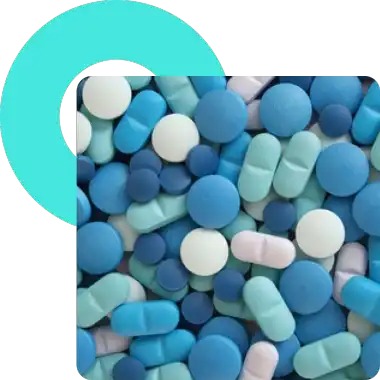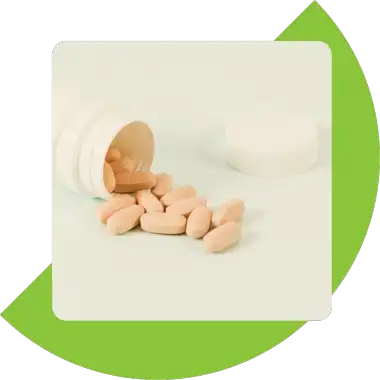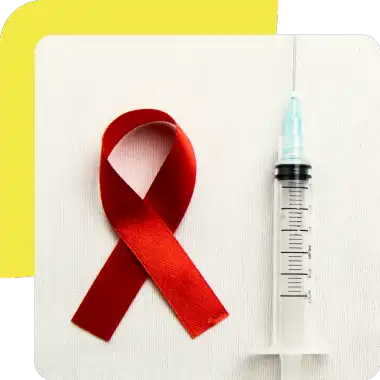Understanding Post-Exposure
Prophylaxis (PEP) for HIV at
Wellview Care
Welcome to Wellview Care, your trusted source for sexual health information and services. We are committed to providing you with essential information about Post-Exposure Prophylaxis (PEP) for HIV, a critical tool in preventing HIV transmission after potential exposure.
What is PEP?
Post-Exposure Prophylaxis (PEP) is a preventive treatment for HIV that is taken after a potential exposure to the virus. PEP is designed for individuals who may have been at risk of HIV infection due to situations such as unprotected sexual intercourse with a partner of unknown HIV status, sharing needles for intravenous drug use, or occupational exposure (e.g., healthcare workers).


Why Choose PEP
at Wellview Care?
At Wellview Care, we are dedicated to providing the best in sexual health care. Here's why PEP is an important part of our services:
- Rapid Response:PEP must be initiated as soon as possible after potential exposure, ideally within 72 hours but no later than 72 hours after the event. Our clinic is equipped to provide prompt assessments and access to PEP to minimize the risk of HIV transmission.
- Expert Guidance: Our experienced healthcare professionals are well-versed in PEP protocols and will assess your specific situation to determine if PEP is appropriate for you. We will provide personalized guidance and support throughout the treatment.
- Confidentiality:We understand the sensitivity of these situations and prioritize your privacy. All interactions, test results, and personal information are handled with the utmost confidentiality.

How Does PEP Work?
PEP involves taking a prescribed combination of antiretroviral medications (similar to those used in HIV treatment) for a period of 28 days. These medications work to inhibit the replication of the virus, reducing the likelihood of HIV infection if the virus is present.
When to Consider PEP:
You should consider PEP if you have had a potential exposure to HIV within the last 72 hours.
This includes:
- Unprotected sexual intercourse with a partner of unknown HIV status or a partner known to be HIV-positive without the use of PrEP or condoms.
- Needlestick injuries or other occupational exposures to HIV.
- Sharing needles or drug paraphernalia for intravenous drug use.
- Any situation where you believe you may have been exposed to HIV.


Consultation and Access
If you believe you have been exposed to HIV and are considering PEP, do not hesitate to contact us immediately or visit our clinic for a consultation. Time is of the essence, and early intervention can make a significant difference in preventing HIV transmission.
At Wellview Care, we are committed to your sexual health and well-being. PEP is a crucial tool in reducing the risk of HIV transmission after potential exposure, and we are here to provide you with expert guidance, rapid response, and confidential care.
Don't leave your health to chance. Contact us today if you have had a potential exposure to HIV and need PEP or to learn more about our sexual health services.

© 2026 WellView Care All Rights Reserved
